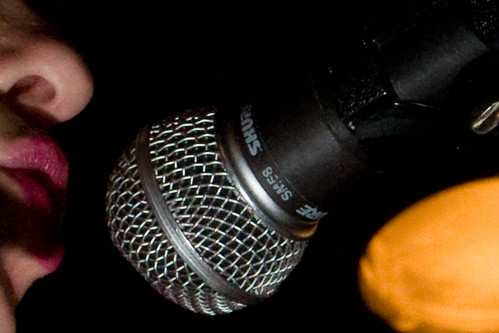A post from Time allows a linguistic analyst the opportunity to explain how researchers uncovered Rowling's true identity, and it gives us an opportunity to talk about voice and style.
When I talk about voice and style in class, it's sometimes hard to get the meaning across to students. We read different writing styles and talk about markers of voice and style like vocabulary, sentence structure, and tone.
The concept of "voice" also inevitably comes up when we discuss plagiarism. When I tell students not to plagiarize and that teachers can usually tell when a work is not a student's own, I talk about voice.
It is interesting, then, to see a linguist describe recognizing Rowling's work in her pseudonymous writing:
But couldn’t an author trying to disguise herself just use different words? It’s not so easy, Juola explains. Word length, for example, is something the author might think to change—sure, some people are more prone to “utilize sesquipedalian lexical items,” he jokes, but that can change with their audiences. What the author won’t think to change are the short words, the articles and prepositions. Juola asked me where a fork goes relative to a plate; I answered “on the left” and wouldn’t ever think to change that, but another person might say “to the left” or “on the left side.”
As one part of his work, Juola uses a program—Java Graphical Authorship Attribution Program, which is a free download available for anyone to play around with—to pull out the hundred most frequent words across an author’s vocabulary. This step eliminates rare words, character names and plot points, leaving him with words like “of” and “but,” ranked by usage. Those words might seem inconsequential, but they leave an authorial fingerprint on any word.An "authorial fingerprint." That's a great way to put it. Once students are aware of how their own voices are uniquely developed, we can branch out into a conversation that's less about the negatives (getting caught plagiarizing) and more on the positives (empowerment through their own voice).
Here are some questions that might be attached to a reading of this article:
- What do you think shapes your "authorial fingerprint"? Are authors always aware of the way they use language?
- Why would someone want to use a pseudonym? What's at stake when we put our names on our writing?
- How can we experiment with different tones, vocabulary usages, and sentence structures while still maintaining our authorial voice? What changes? What doesn't?
What else would you add? How have you talked about style and voice in your classes?
Photo: Andy Wilson


No comments:
Post a Comment